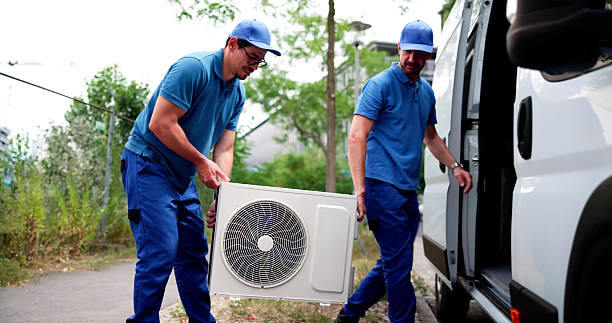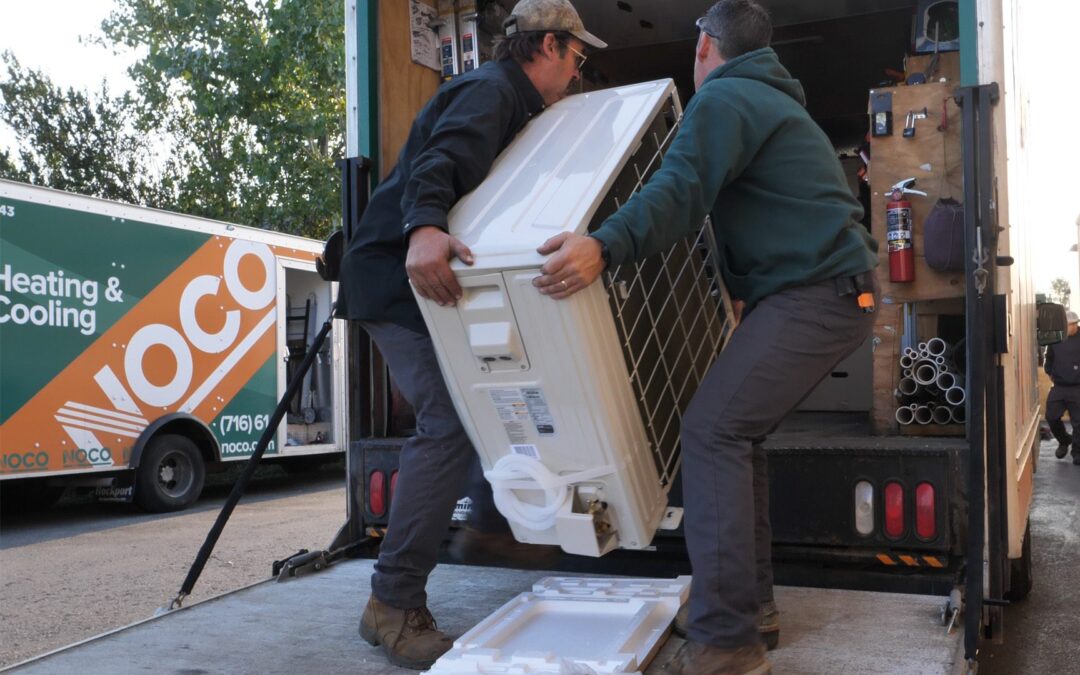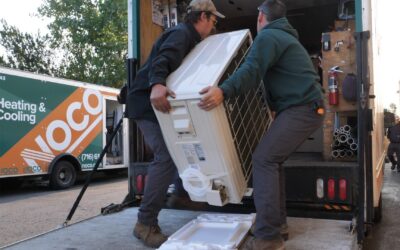Buying or improving a home can be one of the biggest financial commitments you’ll ever make. Fortunately, home grants can help by providing funds you don’t have to repay. Whether you’re a first-time homebuyer, renovating for safety, or making energy-efficient upgrades, there are programs available to make your housing goals more affordable. Here’s how to find and secure a home grant.
Understand What a Home Grant Is
A home grant is financial assistance given to eligible individuals for purposes like purchasing, repairing, or upgrading a home. Unlike a loan, grants typically do not have to be repaid as long as you meet the program’s terms. Common uses include:
- Down payment and closing cost assistance for first-time buyers.
Renovations to improve safety or accessibility. - Energy-efficient upgrades like insulation or solar panels.
- Repairs for essential systems such as plumbing or roofing.
Explore Federal Grant Programs
The U.S. government offers several grant opportunities for homeowners and homebuyers, often distributed through local agencies. Examples include:
- HUD’s HOME Investment Partnerships Program – Provides funds to local governments for affordable housing projects, including down payment assistance.
- USDA Rural Development Grants – For low-income homeowners in eligible rural areas to make necessary repairs or improvements.
- VA Special Housing Adaptation Grants – For veterans needing home modifications due to service-connected disabilities.
Check State and Local Programs
Many states, counties, and cities offer their own home grant programs.
- Visit your state housing finance agency website for available grants.
- Contact your local community development office for neighborhood-specific assistance.
- Look for grants connected to revitalization zones—these programs aim to attract homeowners to specific areas.
Consider Nonprofit and Private Organization Grants
In addition to government assistance, nonprofits and private foundations sometimes provide grants to help people buy or improve homes.
- Habitat for Humanity – Offers affordable housing and sometimes assists with repairs.
- Rebuilding Together – Provides critical home repairs for low-income homeowners.
- Local charities and community organizations may have funding for specific needs, such as accessibility upgrades.
Know the Eligibility Requirements
Grant programs have specific criteria you must meet, which may include:
- Income limits based on household size.
- First-time homebuyer status.
- Location restrictions (such as rural or designated redevelopment areas).
- Commitment to live in the home for a certain number of years.
Failing to meet these requirements could mean losing the grant or having to repay it.
Prepare Your Application
A strong application can make the difference in being approved. You may need:
- Proof of income (tax returns, pay stubs).
- Proof of homeownership or purchase agreement.
- Credit history reports.
- A detailed project plan if the grant is for renovations.
Submit applications early, as grant funds are often limited and awarded on a first-come, first-served basis.
Combine Grants with Other Assistance
Home grants can be combined with:
- Low-interest home loans for additional funding.
- Tax credits for energy-efficient improvements.
- Local rebates from utility companies.
This approach can help cover more costs without increasing your debt burden.Bottom Line:
Home grants are valuable resources for making homeownership or home improvements more affordable. By researching federal, state, local, and nonprofit programs, understanding eligibility rules, and preparing a strong application, you can increase your chances of securing free funding for your housing goals. With persistence and the right strategy, a home grant could be the key to turning your dream home into a reality.








